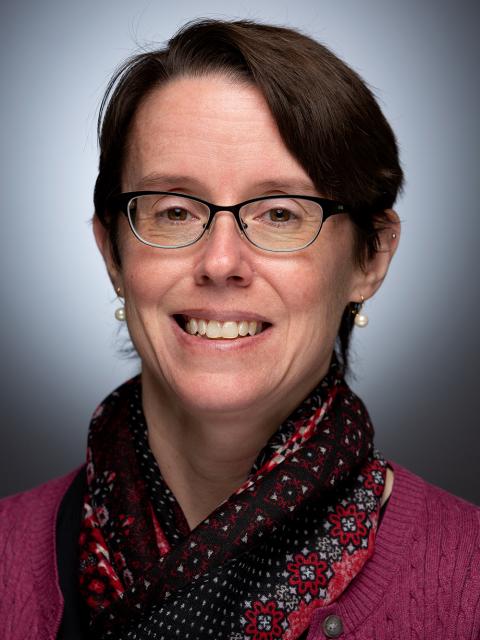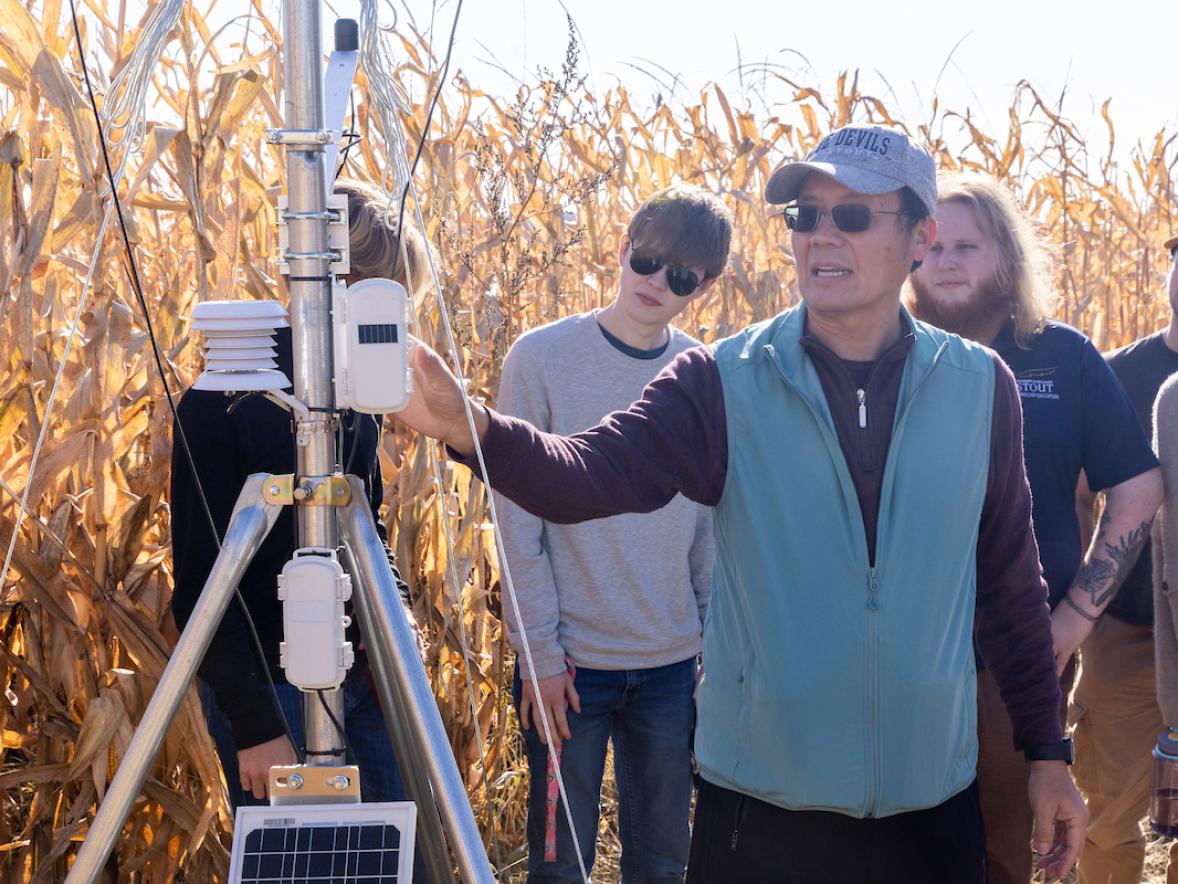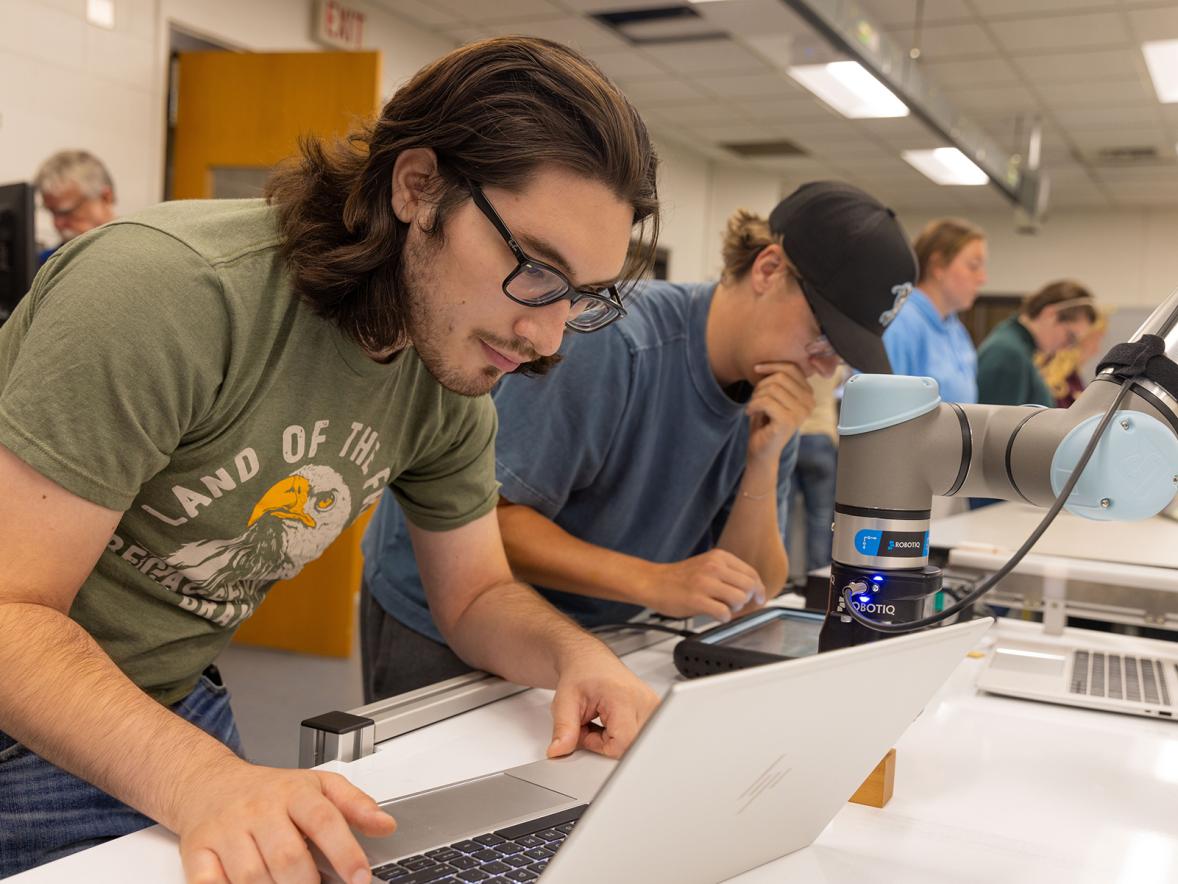University of Wisconsin-Stout student Dominic Yates spent a year writing news articles for the Eau Claire-based digital publication Chippewa Valley Post and said he learned more about working in the news world than he would have in the classroom.
“It was overall a great experience,” said Yates, a junior majoring in professional communications and emerging media, who worked for a year with editor David Gordon. “It was extremely eye-opening. Giving college students a chance to learn and get real-life experience is so important. I learned so many things I don’t think I could have in a classroom.”
Yates, of Eau Claire, said he learned how to interview people and to ask follow-up questions. With COVID-19 he also learned new communications using video.
“The editing process was something I came to appreciate,” Yates said. “It is an arduous process.” However, he learned to appreciate the value of shaping and improving a news story.
“Learning how to seamlessly interview is definitely an art,” he added. “My first interviews were clunky. It was very eye-opening to interview someone other than a Stout student and getting different points of view. I learned to expect the unexpected.”
Yates spoke about his experiences on March 31 as part of a virtual discussion titled “Making the News: UW-Stout Students Contributions to Local Journalism.”

Kate Roberts Edenborg, UW-Stout associate professor in the PCEM program, teaches journalism courses. She is worried about the state of local journalism. She knew her students were hungry for writing experience. She came up with the idea of using jobs program funding from UW-Stout Planning, Assessment, Research and Quality to help retain first-year students and funding from the Menard Center for the Study of Institutions and Innovation to help pay students to write for smaller newspapers.
UW-Stout offers a minor in journalism.
“It’s a win-win,” Edenborg said. “Students get experience and publication outlets get content and new voices. It is the idea of student journalists contributing to local journalism and having that larger outlet.”
Other panelists who spoke were Gordon; Molli Reeder, a UW-Stout 2020 PCEM graduate and marketing communications intern at Gertrude Marie in Medina, who worked for the Courier-Wedge that covers Durand, Pepin County and the village of Plum City in the spring semester and summer; Debra Fisher, Courier-Wedge editor; and Bryce Parr, a 2020 PCEM graduate and freelance editor, who was editor-in-chief of the UW-Stout student newspaper, the Stoutonia, last year.
“I had such a great time,” Reeder said of working at the Courier-Wedge. “It was great to realize how important journalism was for this community.”
Panelists talked about breaking into journalism, including starting writing for free at a publication and working up to freelancing and a journalism job.
“If you are interested and you come up with an article you think will be good for your local paper, give them a freebie, start small and build up,” Fisher said.
They also addressed the role of smaller newspapers in democracy.
Yates said it is important local news outlets keep people informed. “I am there to help them be more informed, and they can utilize that information as they see fit,” he noted.
Fisher said journalists must inform and not editorialize unless they are writing an opinion piece. “It’s a fine line being a journalist,” she said. “When I’m writing I need to present the facts that people need to think for themselves.”
When asked about the future of journalism, Fisher said the Courier-Wedge gives online newspaper subscriptions to sixth-graders in the area to encourage readership. The students are adamant they will want a newspaper when they are grown and that newspapers will play a role in the future.
Reeder said she believes there will be more news provided through social media outlets. “I do believe more people are getting their news from social media,” she said, noting people like the instant gratification of those types of news sources.
Yates said he can see journalism writing become shorter in bite sizes that are more accessible. Journalists may become less information creators and more information curators, particularly with the rise of video news.
Gordon said he believes journalism will continue in the future.
“Journalism will survive,” said Gordon, a UW-Eau Claire emeritus professor who chaired the communications and journalism department. “There is a hunger for information, particularly on the local level. There is definitely a need to be fulfilled. I don’t think I can predict with accuracy the format there will be. There is going to be a need for local journalism and national journalism.”






